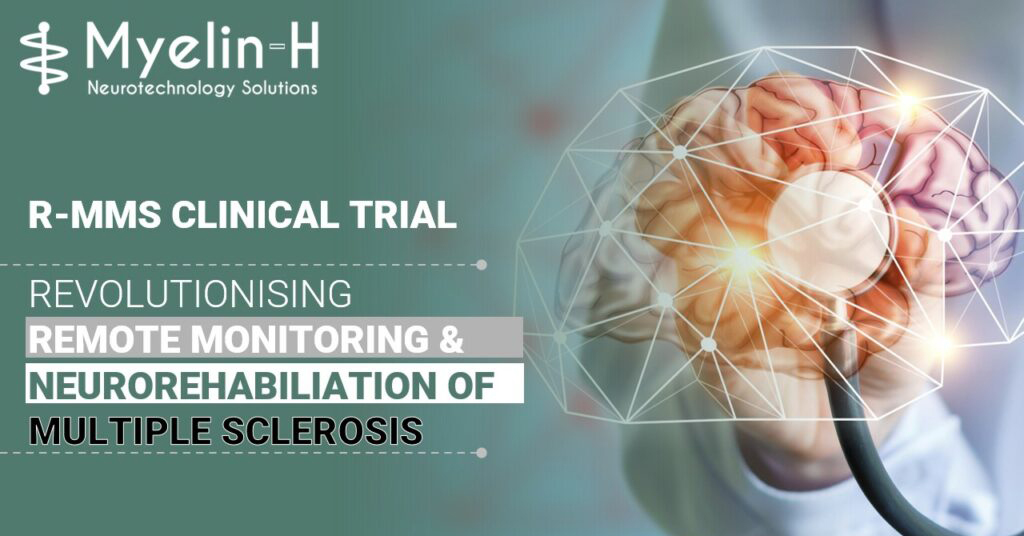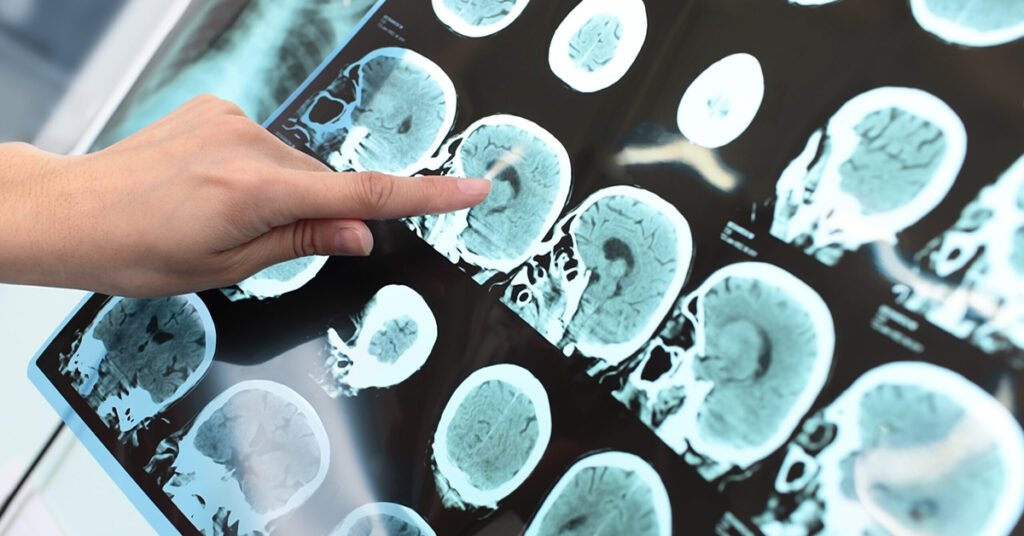- Domaines || de recherche
- Recherche Translationnelle
- Médecine translationnelle transversale (MTT)
- Centre opérationnel de médecine translationnelle (TMOH)
- Service Gestion de projets cliniques (CPMO)
- Centre d'investigation clinique & épidémiologique
- Centre de recherche clinique & translationnelle du Luxembourg (LCTR)
- Centre de compétence méthodologie & statistiques (CCMS)
- Biobanque intégrée du Luxembourg (IBBL)
- Plateforme de modélisation & de dépistage des maladies (DMSP)
- Centre du génome Luxgen
- Plateforme de recherche en pathologie (RPP)
- Projets de Recherche
et essais cliniquesSoutenez-nous - Recherche Translationnelle
Actualités
Résultats du plan d’action « ERAvsCORONA » du programme Horizon 2020 de la Commission européenne
Veuillez noter qu’à l’exception du titre et du résumé, cet article est uniquement disponible en anglais.
27 novembre 2020
7minutes
- Médecine translationnelle transversale (TTM)
- Centre de Compétence Méthodologie & Statistiques (CCMS)

LIH participera à trois nouveaux projets de recherche relatifs à la Covid-19
La Commission européenne a confirmé son soutien financier à trois nouveaux projets de recherche impliquant le Luxembourg Institute of Health (LIH). Ces projets avaient été soumis lors de l’appel à expression d’intérêt du programme Horizon 2020 sous le titre « Innovative and rapid health-related approaches to respond to COVID-19 and to deliver quick results for society for a higher level of preparedness of health systems » (SC1-PHE-CORONAVIRUS-2020-2) [Des approches innovantes et rapides en matière de santé en réponse à la Covid-19, afin d’obtenir rapidement des résultats rapides pour la société en vue d’une meilleur préparation des systèmes de santé.]. Ces projets visent à favoriser le développement d’un nouveau test de diagnostic et à améliorer la coopération entre les cohortes européennes et internationales afin d’améliorer la réponse à la pandémie. Le financement total des recherches s’élève à 26,2 millions d’euros.
On May 19th 2020, the European Commission launched the Second call for an Expression of Interest for innovative and rapid health-related approaches to respond to COVID-19 and to deliver quick results for society for a higher level of preparedness of health systems (SC1-PHECORONAVIRUS-2020-2) as part of the ERAvsCORONA Action Plan. An overall budget of €129.5 million has been dedicated to this call, originating from the Horizon 2020 (H2020) Framework Programme as part of the Commission’s EUR 1.4 billion pledge to the Coronavirus Global Response. Complementing a first call aimed at advancing the knowledge of SARS-CoV-2 in relation to potential clinical and public health measures, this second call focused on wide-scale, rapid (within 3-24 months) deployment of readily available health-based technological solutions to manage and contain this current and future outbreaks. It will also improve understanding of the behavioural and socio-economic impacts of the pandemic. LIH will contribute to three out of the 23 projects shortlisted for funding under this second call.
COVIRNA
Specifically, LIH, through the Cardiovascular Research Unit (CVRU) of its Department of Population Health (DoPH), will be the Coordinator of “COVIRNA” (A diagnostic test to improve surveillance and care of COVID-19 patients). COVIRNA is a 24-month patient-centred Innovation Action (IA) aiming to generate a diagnostic tool to identify COVID-19 patients at risk of developing fatal cardiovascular complications, ultimately leading to their improved surveillance and care. In particular, the project will complete and deploy a prognostic system based on cardiovascular biomarkers of COVID-19 clinical outcomes, combined with a predictive model built on digital tools and artificial intelligence analytics. The team will conduct a large retrospective study on multiple existing cohorts of COVID-19 patients throughout Europe and upscale the already validated and patented “FIMICS” panel of cardiac-enriched long noncoding RNA biomarkers into an in-vitro diagnostic test (COVIRNA), adapted to COVID-19 patients. The study will therefore rapidly deliver a minimally-invasive, simple yet robust and affordable prognostic assay that can be used in the context of the current COVID-19 pandemic, as well as in further major health crises. “By tackling the cardiovascular complications of COVID-19, which are known to contribute significantly to mortality, the project is expected to have a major impact on patient outcomes”, explains Dr Yvan Devaux, CVRU Group Leader. “The COVIRNA test will be CE-marked and made ready to be commercialised, allowing the stratification of patients according to their risk of developing cardiac side-effects, thereby improving therapeutic approaches and informing novel drug design”, he concludes. With a total budget of EUR 4.44 million and EUR 3.88 million of EU contribution, the project boasts a complementary consortium of 15 partners from healthcare, academia and industry from 12 European countries. The project officially started on November 1st 2020 and had its virtual kick-off meeting on November 24th 2020, gathering 47 participants.
unCoVer
The LIH Competence Centre for Methodology and Statistics (CCMS), led by Dr Michel Vaillant, together with the Digital Epidemiology and E-health unit, led by Dr Guy Fagherazzi, will contribute to “unCoVer” (Unravelling Data for Rapid Evidence-Based Response to COVID-19), a functional network of research institutions collecting data derived from the care provided to COVID-19 patients by European and international healthcare services. These real-world data will enable the study of patient characteristics, risk factors, safety and effectiveness of treatments and potential strategies against COVID-19 in real clinical settings. Moreover, they will complement findings from efficacy and safety clinical trials, which often exclude vulnerable groups and patients with comorbidities. The network will facilitate access to otherwise scattered datasets, build platforms to streamline studies on risk characterisation and prediction modelling using standardised data derived from real life practices, and fill data gaps. Ultimately, unCoVer seeks to allow researchers and policymakers to optimise COVID-19 strategies and minimise the impacts of future outbreaks. The 24-month project, which was allocated EUR 2.4 million in funding, is coordinated by the Institute of Tropical Medicine (Belgium) and counts 29 partners from 18 nations. It officially started on November 15th 2020.
ORCHESTRA
Finally, the LIH Transversal Translational Medicine team, led by Prof Rejko Krüger, and CCMS will contribute to “ORCHESTRA” (Connecting European Cohorts to Increase Common and Effective Response to SARS-CoV-2 Pandemic). This 36-month project aims to provide an innovative approach to learning from the COVID-19 health crisis and deriving recommendations for increasing preparedness for future outbreaks. The main outcome of the project is the creation of a new pan-European cohort built on existing and new large-scale population cohorts in European and non-European countries. Through advanced data analysis and modelling techniques, epidemiological, clinical, microbiological and genotypic aspects of population-based cohorts will be integrated with environment and socioeconomic features. The ORCHESTRA cohort will include representatives of the general population, COVID-19 patients, ‘at risk’ groups of individuals and health-care workers. This will enable a retrospective evaluation of risk factors linked to initial infection and disease progression, as well as a prospective follow-up to explore long-term consequences and future vaccination responses. The project will also assess the health costs of COVID-19 with special emphasis on delayed health services in the fragile populations. “The strength of the consortium lies in the participation of non-European and Low-Medium Income Countries, as well as of a group of major stakeholders with experience in successful clinical trials addressing therapeutic approaches to COVID-19. This will ensure the inclusion of all the necessary expertise and the translation of recommendations to different social and economic settings. Ultimately, the project will have a significant impact on the responsiveness to SARS-CoV-2 and our preparedness for new public health threats in general”, states Prof Krüger. ORCHESTRA, which starts on December 1st 2020, is coordinated by the Università degli Studi di Verona (Italy) and involves 26 partners from 15 countries. It was granted EUR 19.9 million under the call.
“We are extremely proud to be part of the consortia of these three impactful projects and very grateful to the European Commission for supporting our research efforts. The funding will allow our researchers to bring significant contributions to the diagnosis and management of COVID-19 both in Europe and at the international level”, concludes Prof Ulf Nehrbass, LIH CEO.






